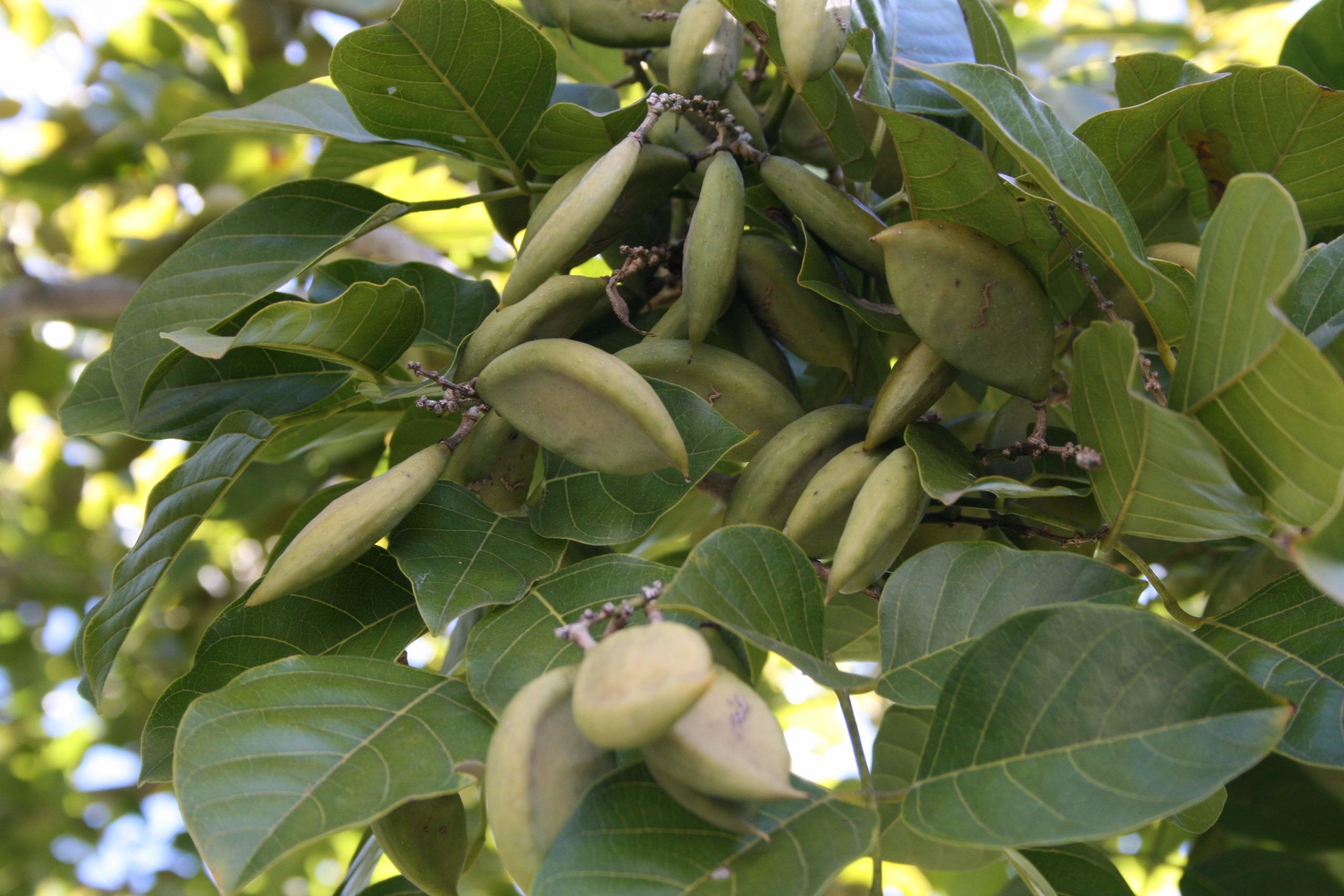TerViva, a Californian agribusiness growing pongamia, a perennial legume tree, and processing it for vegetable oil and protein-rich animal feed, has raised $2 million in Series B funding.
A Florida-based family office and established citrus farming business, Evan Properties, led the round which existing investors completed, according to Sudhir Rani, chief financial officer at the company. TerViva is a good fit for family offices that want long term cash flows and to diversify into other parts of agriculture, he added.
TerViva also has a big focus on sustainability and agricultural efficiency: the company plants pongamia on degraded or unproductive land.
For over a decade, citrus farmers in Florida have been hard hit by a disease called huanglongbing from China — known as greening in Florida — forcing many to abandon their land with little alternative; TerViva estimates that 500,000 acres of land was lost as a result. The cost and competition of producing sugarcane in Hawaii has also pushed some 100,000 acres of land out of production.
Pongamia can grow on these lands, however, and is arguably a more efficient source of protein and oil than soybean: it can produce eight times more vegetable oil per acre than soybean, two times more protein animal feed per acre than soybean and used one tenth of the water and chemicals, according to TerViva.
TerViva will use the funds to scale up its platform including tree propagation, planting further acres of pongamia and for animal feed development. TerViva’s customers are the growers, but so are the end users and distributors of pongamia’s various byproducts. TerViva provides growers with trees, helps them plant, then processes the offtake and distributes it.
“At the end of the day, we are an agriculture company,” Rani told AgFunderNews. “We produce the best plants, the growers do what they do best and then we help find markets for what the tree produces.”
While seemingly a primary production business, there is also a lot of proprietary technology in TerViva’s operations: “high yielding cultivars, true-to-type tree production and downstream product IP”, according to its website.
But for growers, the technology needed is largely the same as they were using before in what TerViva calls “drop-in infrastructure”. Landowners can use existing equipment, labor, and skills for cultivation and harvesting.
TerViva projects currently span 150 acres in Florida and will grow to 250 acres in Hawaii over the next 12 months, according to Rani.
TerViva raised $1.25 million in pre-Series B convertible note funding — a round that was listed on AgFunder — in 2014 at the same time that Naveen Sikka, founder and chief executive of the business, was featured as a Forbes magazine Up-and-Comer. Those convertible notes will convert into this equity round, according to Rani.
The business is also an alumnus of agtech focused accelerator YieldLab.
Have news, tips or want to write a guest article? Email [email protected].
— Visit AgFunder.com for agtech investment opportunities —





